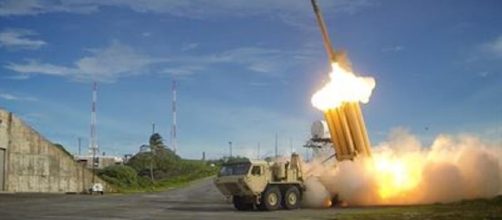The North Korea launch of an intercontinental ballistic missile came as yet another shock to the international community and represents an easily identifiable trend.
3, 2, 1...Blast Off!
North Korea's new missiles were deemed to be especially pernicious because they had a much longer range than any previous launches. They could travel as far as 10,000km if put on a trajectory lower than the 3000km that they were launched with. This awards them the title of true intercontinental ballistic missiles, as it is likely, according to 38North, they could hit the West Coast of the United States.
A missile fired on July 3, symbolically placed the day before U.S. Independence Day, proved to have similar ICBM capabilities, however, with a range of only 7,500km. All of this points to the fact that North Korea’s government has rapidly outpaced pundits' predictions about its militarization capabilities. These most recent launches prove that the threat posed to the continental United States by North Korea is becoming increasingly imminent.
Trump Slaps on Sanctions
The Trump administration has not yet published a long term plan for its strategy going forward with North Korea. At one time earlier this year, U.S. President Donald Trump said that he would be willing to meet the North Korean leader, Kim-Jong Un.
His opinions seem to have changed, however, with the U.S. Congress approving a new bevy of sanctions to be placed on the country. Trump is expected to approve the sanctions in the coming week.
However, there is little evidence, if any, that the sanctions are effective. While limits on imports curtail the economic opportunities for poor North Korean civilians, the government has links to many black market operations.
This allows government officials to sell Korean-made goods, including nuclear material and information. Those sales, in turn, allow the government to finance its nuclear programs. Additionally, key U.S. allies like China continue to buy the North’s exports of energy materials emboldening the government in Pyongyang.
South Korea in Jeopardy
The most worried party is South Korea, whose capital Seoul lies just 40 miles south of the demilitarized zone which represents the borders of the to two Koreas. President Moon Jae-In, elected just a few months ago, has already announced his support for a Sunshine Policy that would mean remediation and talks with North Korean leaders. However, as the North Korean missiles become stronger and more frequent, the government might soon turn to THAAD, the United States' missile defense alternative.


